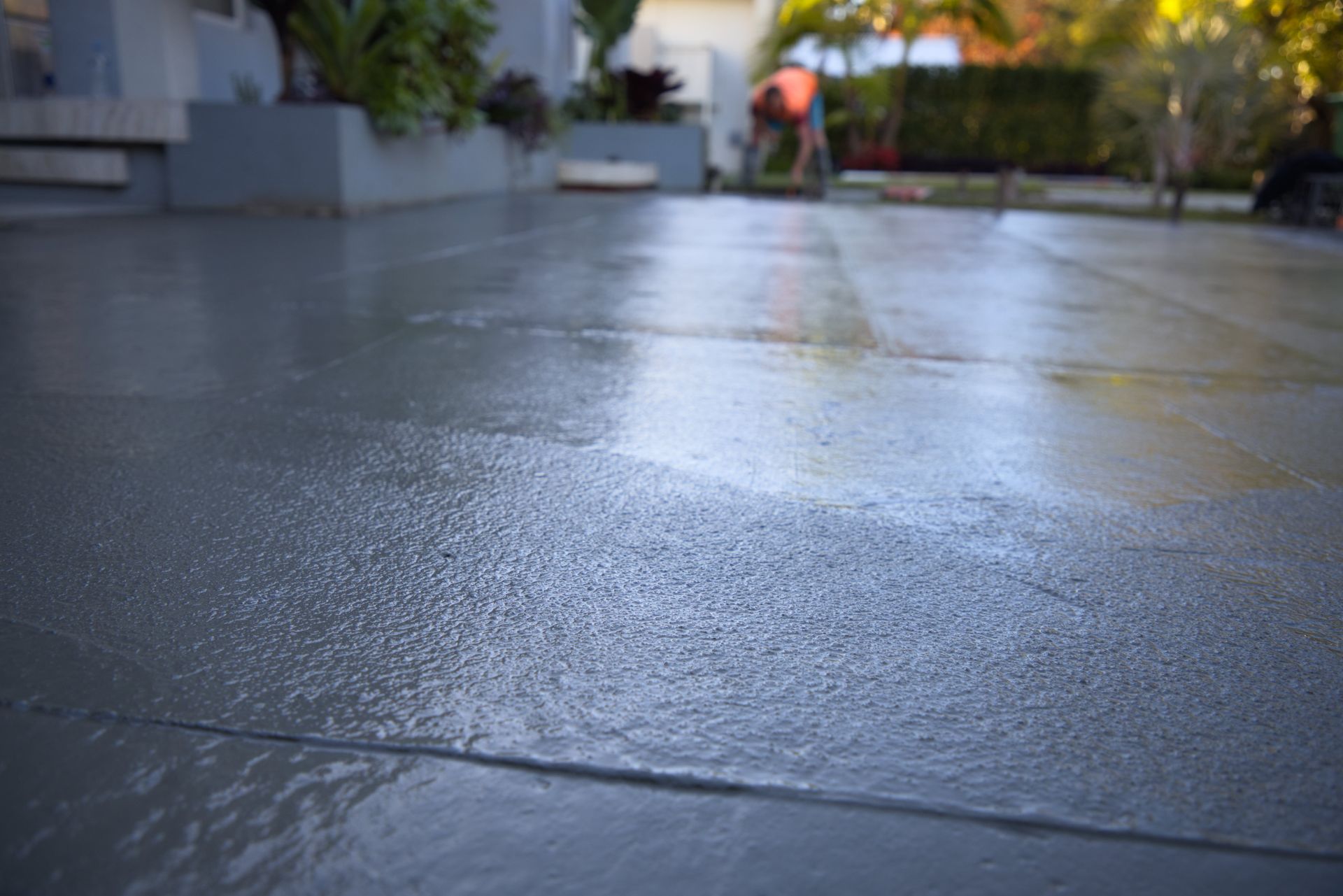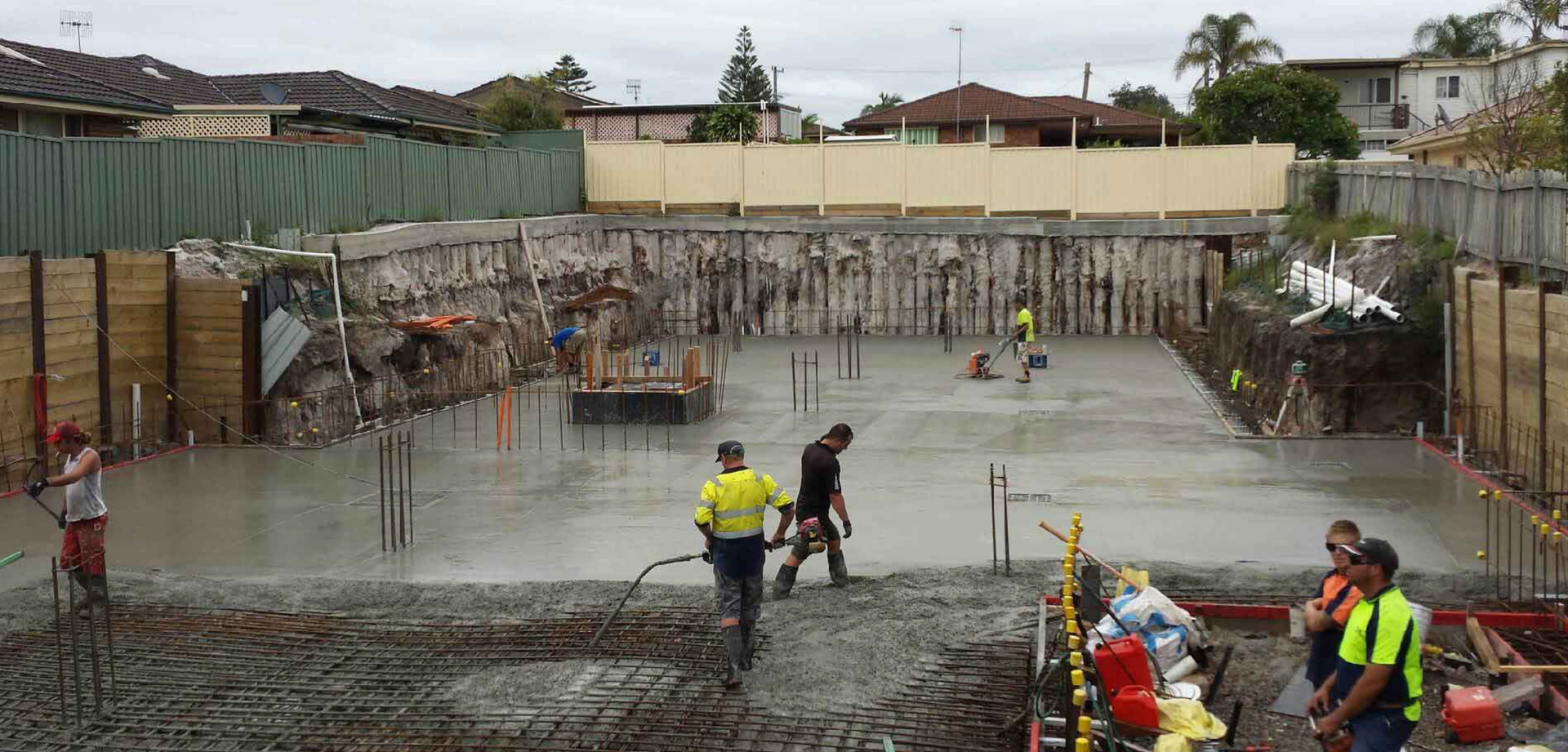How Concrete Suppliers Help Meet Building Regulations on the Central Coast
Are you confident your next concrete pour complies with building regulations? On the Central Coast, builders and developers face a mix of national standards and local council requirements that influence everything from strength grading to material traceability. Working with professional concrete suppliers on the Central Coast plays a key role in navigating these expectations—saving you from costly delays, non-compliance issues, or safety risks.
In this blog, we’ll explore how professional concrete suppliers help meet building regulations, why it matters for your project outcomes, and how reliable sourcing contributes to long-term construction quality.
Why Concrete Compliance Matters in Construction
Concrete is the backbone of most construction projects—from footings and slabs to tilt-up panels and retaining walls. But not all concrete is created equal, and Australian standards specify strict requirements around composition, strength, curing, and environmental exposure.
Using non-compliant or poorly mixed concrete can:
- Lead to structural weakness or failure.
- Cause issues with council sign-offs and occupancy certificates.
- Delay handovers and final inspections.
- Result in expensive remedial work or rebuilds.
Whether you're building residential homes, commercial spaces, or public infrastructure, working with reputable Central Coast concrete suppliers is a practical way to reduce these risks and stay aligned with the rules.
Understanding Relevant Concrete Standards & Codes
When it comes to meeting compliance requirements, several standards apply to concrete production and placement in Australia, including:
- AS 1379 – Specification and supply of concrete: This sets out mandatory criteria for strength grades, workability, and quality control of premixed concrete.
- AS 3600 – Concrete structures: Governs the design and construction of concrete elements, including durability in different exposure conditions (e.g. marine zones).
- National Construction Code (NCC): Covers overall construction performance, including structural integrity and materials.
- Local council development controls: Some councils on the Central Coast impose specific conditions based on zoning, soil type, or proximity to waterways.
Professional concrete suppliers near me who work in the region are usually well-versed in these standards and provide guidance tailored to your project.
Supplying Correct Concrete Grades for Structural Integrity
One of the most important responsibilities of a concrete supplier is delivering concrete with the correct compressive strength for the job. Residential slabs, multi-storey footings, and high-load commercial pads all require different strength classes.
Professional concrete suppliers:
- Recommend mixes based on project drawings or engineer specifications.
- Offer a full range of standard grades (e.g. 20MPa, 25MPa, 32MPa, etc.).
- Provide consistent batch quality to meet compressive strength testing.
Using the wrong strength mix, or one without proper verification, can result in failure to meet the structural demands of the build—especially when working in high-load or coastal environments.
Assisting with Exposure Classification Requirements
On the Central Coast, many developments occur in coastal or high-humidity zones. These areas fall under specific exposure classifications in AS 3600, which demand additional durability measures.
Trusted Central Coast concrete suppliers understand exposure classes like:
- B1 or B2 (Benign) – Standard exposure conditions.
- C1 to C4 (Coastal/Marine) – Require modified concrete mixes with corrosion inhibitors or low-permeability cement blends.
A professional supplier can recommend and produce mixes that comply with these classifications, which is particularly important for projects within 1km of the shoreline or in areas with saline groundwater.
Meeting Slump & Workability Specifications
Workability refers to how easily concrete can be placed and finished, and it’s often specified by engineers for structural or aesthetic reasons. Too much water can compromise strength; too little can lead to poor compaction.
Reputable concrete suppliers:
- Conduct slump testing to measure and control mix consistency.
- Provide mix adjustments based on pour time, ambient temperature, and job site access.
- Help plan logistics to minimise the risk of segregation or delays.
This level of control supports compliance with AS 1379 and helps ensure a successful pour—particularly in large or staged slab placements.
Providing Documentation & Traceability
Most building inspectors or project certifiers require documentation that proves the concrete used complies with relevant codes. Without this paperwork, handovers can be delayed or denied.
Professional suppliers provide:
- Batch dockets with delivery time, slump test results, and mix details.
- Certificates of compliance for AS 1379 or AS 3600.
- Mix design sheets for engineer approval or tender documentation.
This traceability protects builders from liability and streamlines the certification process when it comes time to demonstrate compliance.
Supporting Quality Assurance on Site
Even the best concrete mix can fail if not handled properly on site. Many concrete suppliers on the Central Coast go beyond simply delivering a product—they offer practical support around:
- Recommended placement and curing practices.
- Advice on pump hire or mix modifications for complex pours.
- Scheduling deliveries to suit workflow or council inspection times.
This kind of on-site coordination helps projects stay compliant with quality assurance procedures required under ISO standards or internal builder protocols.
Assisting with Council-Specific Conditions
Different councils across the Central Coast region—such as Central Coast Council or Lake Macquarie Council—may have additional requirements for concrete used in public spaces, footpaths, stormwater channels, or infrastructure tie-ins.
Suppliers familiar with local regulations can:
- Provide compliant mixes for council infrastructure projects.
- Align delivery timing with site inspections or traffic control plans.
- Help meet developer contributions or public liability requirements.
This is especially useful for developers and construction companies involved in new subdivisions, commercial precincts, or multi-use projects.
Reducing Project Delays Due to Non-Compliant Materials
Using a verified supplier helps reduce the risk of materials being rejected by building surveyors, engineers, or certifiers. Non-compliant batches—often from unlicensed or unverified sources—can lead to:
- Site shut-downs during inspections.
- Demolishing and re-pouring structural elements.
- Extended project timelines and additional labour costs.
Partnering with concrete suppliers near you who understand the local compliance landscape is a proactive way to protect budgets and timelines.
Supporting Eco-Conscious Development Goals
Many councils and developers are shifting towards more sustainable construction practices, which include using low-carbon or recycled content in concrete.
Professional suppliers may offer:
- Mixes that incorporate fly ash, slag, or recycled aggregates.
- Solutions that meet green building or sustainability ratings.
- Advice on balancing eco-goals with compliance needs.
Request a Quote from Trusted Concrete Suppliers Near You
At Easy Mix Concrete, we work with builders, developers, and contractors across the Central Coast to supply code-compliant concrete tailored to your project's needs. Our team understands the Australian Standards, local council requirements, and structural demands that apply in coastal construction. With reliable batching, technical advice, and a wide range of mix designs, we help you stay on track—safely and compliantly. Contact us today to discuss your next project and request a compliance-ready concrete mix.








